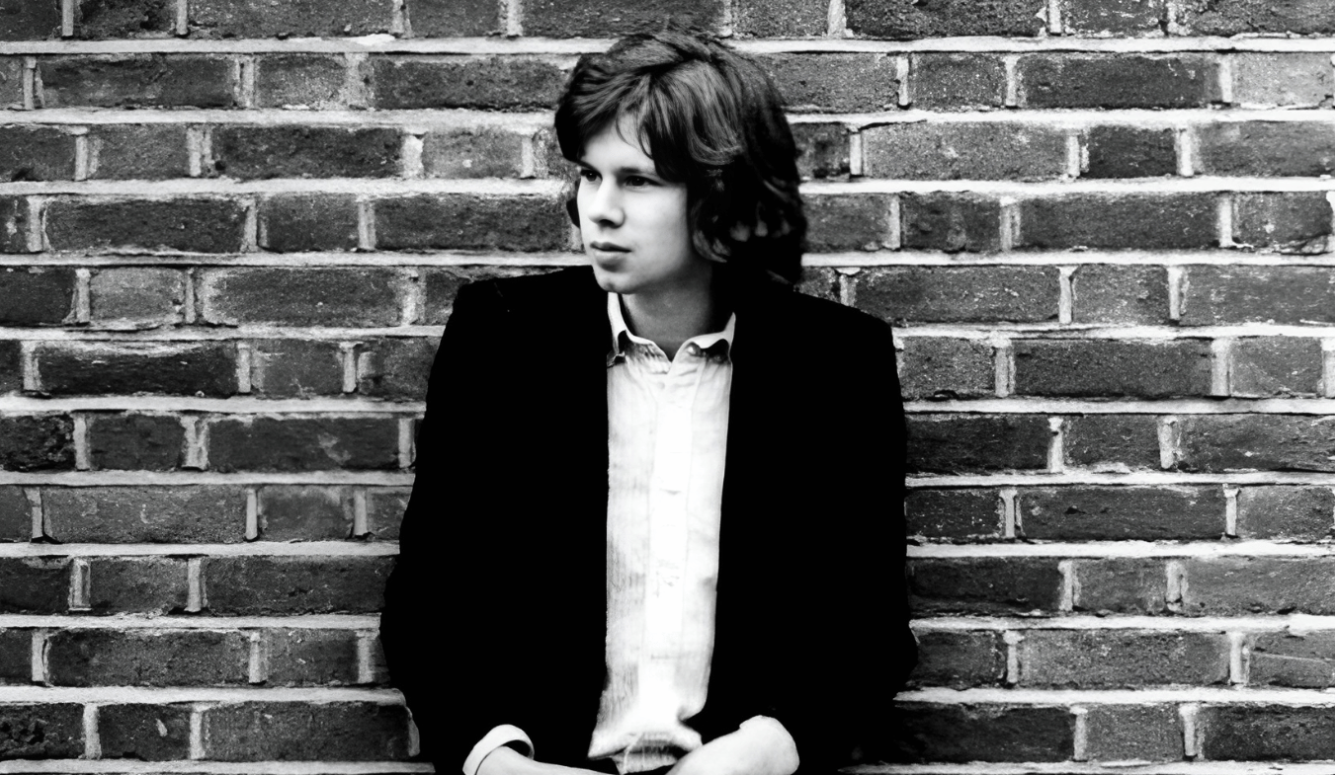Art and Culture
The Man Who Wasn’t There
Richard Morton Jack’s comprehensive new biography of Nick Drake offers a glimpse of a brilliant but troubled soul.

A review of Nick Drake: The Life by Richard Morton Jack; 576 pages; John Murray Press (June 2024)
I first heard Nick Drake’s music in a Volkswagen commercial, of all things, during the late 1990s. A couple gazed at each other in a moonlit car while an English voice crooned about a pink moon over a wistfully strummed guitar. The product didn’t interest me, but that commercial sparked my lifelong devotion to Drake’s music. I downloaded about a dozen of his songs from Napster that same night (those were the days!) and played them incessantly as I gazed at the snow-covered landscape outside my dorm room window.
I then bought the Fruit Tree box set, which contained his three studio albums—Five Leaves Left, Bryter Layter, and Pink Moon—along with Time of No Reply, which collected various outtakes and alternate versions. Years later, two discs’ worth of demos and home recordings appeared titled Family Tree. Drake was still an obscure singer-songwriter when he died by his own hand in November 1974 at the age of just 26. Tragically, it was only after his death that he finally found the audience that eluded him during his short and troubled life.
2024 sees the publication of Nick Drake: The Life, a new and definitive biography by veteran music journalist and critic Richard Morton Jack. So comprehensive is Jack’s account of Drake’s life and career that I doubt there will need to be another. He seems to have heard everything Drake’s inner circle has to say about his maddeningly taciturn subject. And compared to other reclusive songwriters like Bob Dylan or Leonard Cohen, there doesn’t seem to be all that much to unearth, so we are left to ponder, as the people who knew him best did before us, what was really going on in Drake’s head. Drake wouldn’t or couldn’t let anyone know what he was thinking or feeling. Unless he had a guitar, of course, and even then, the music remains fascinatingly enigmatic.





